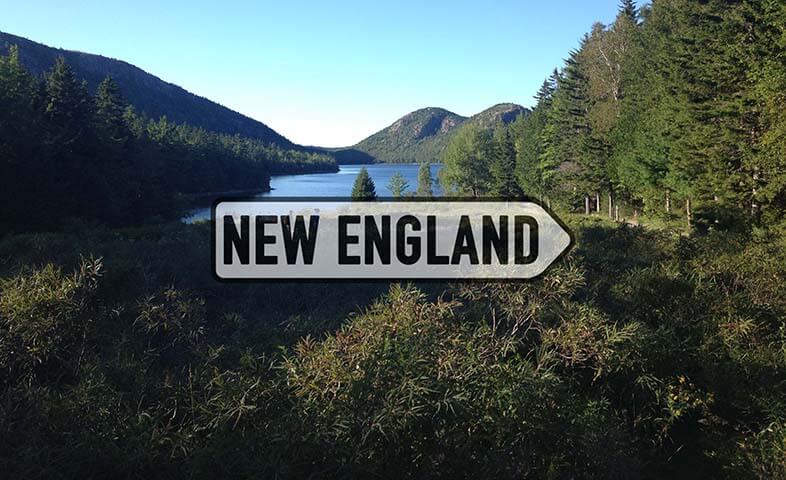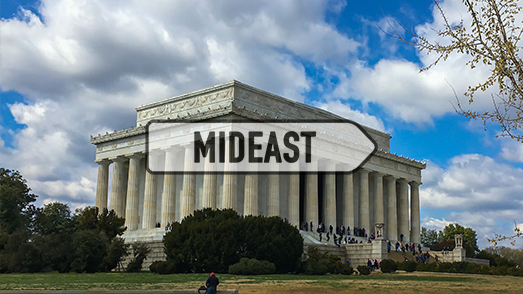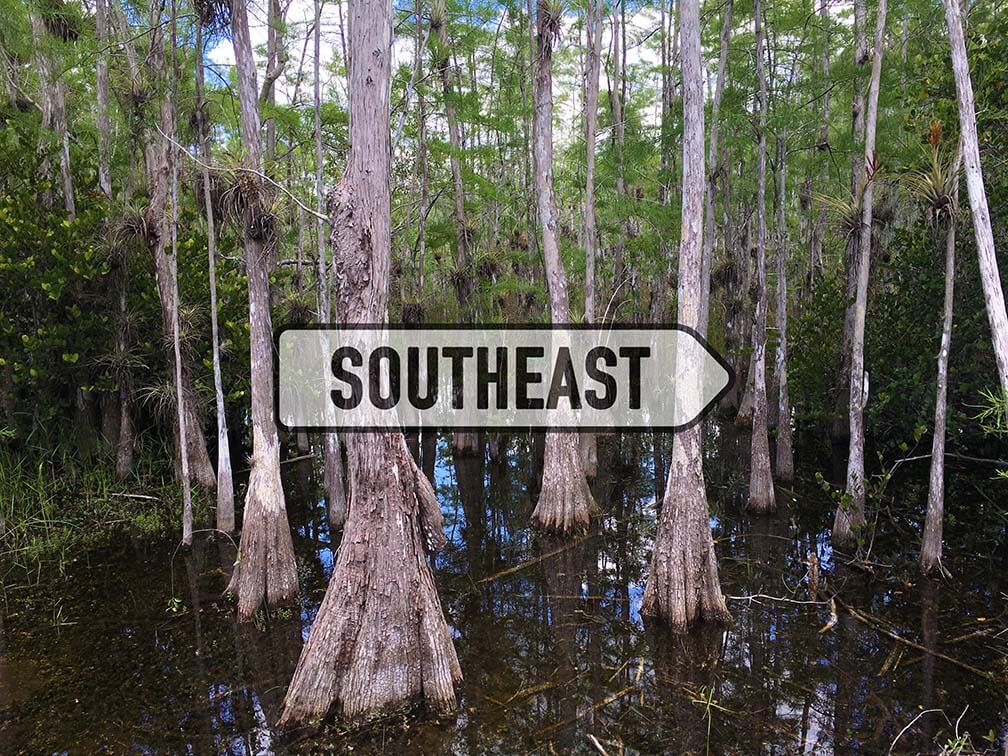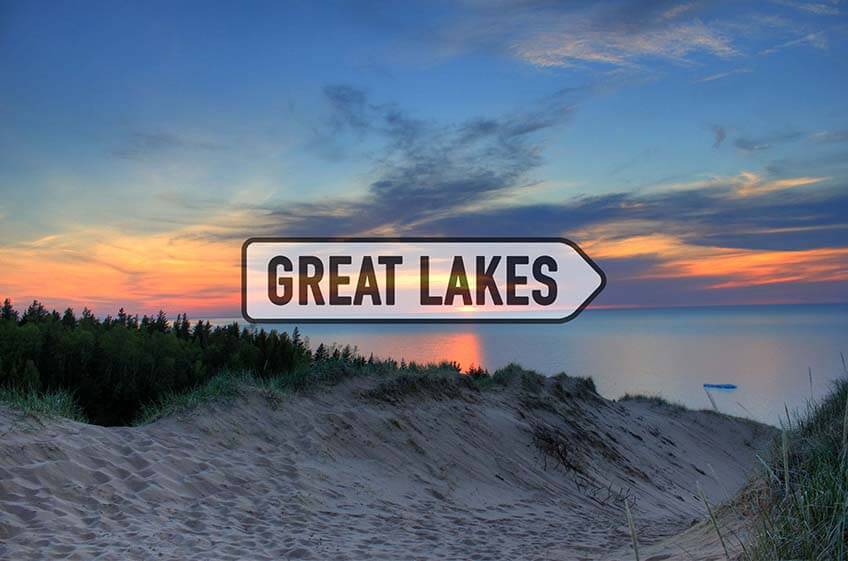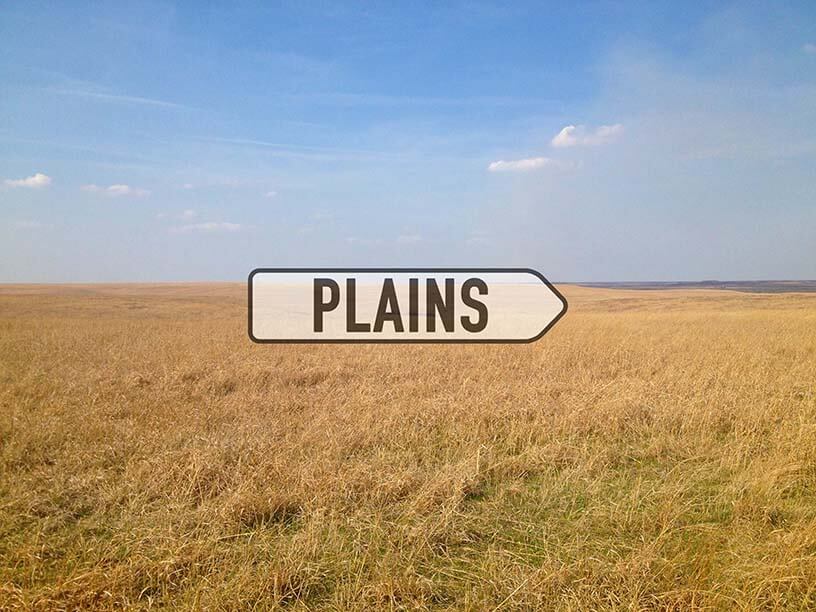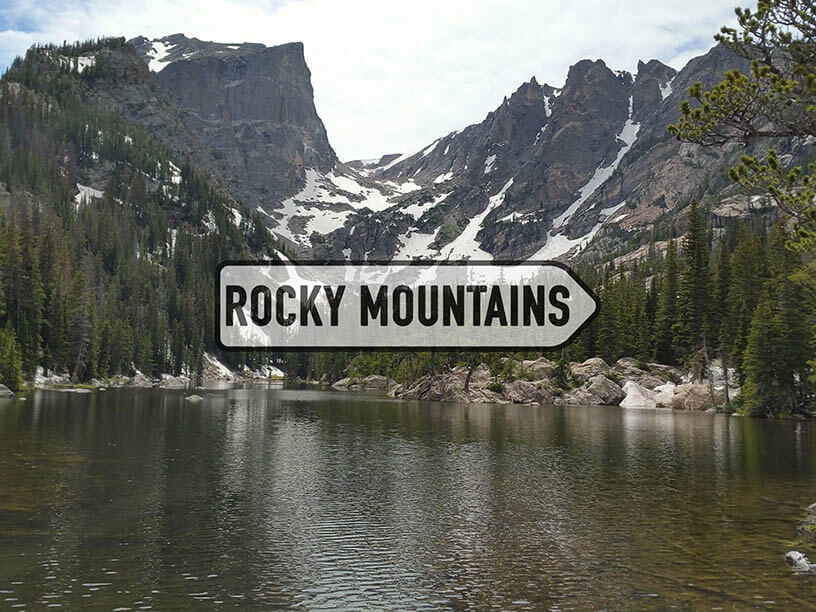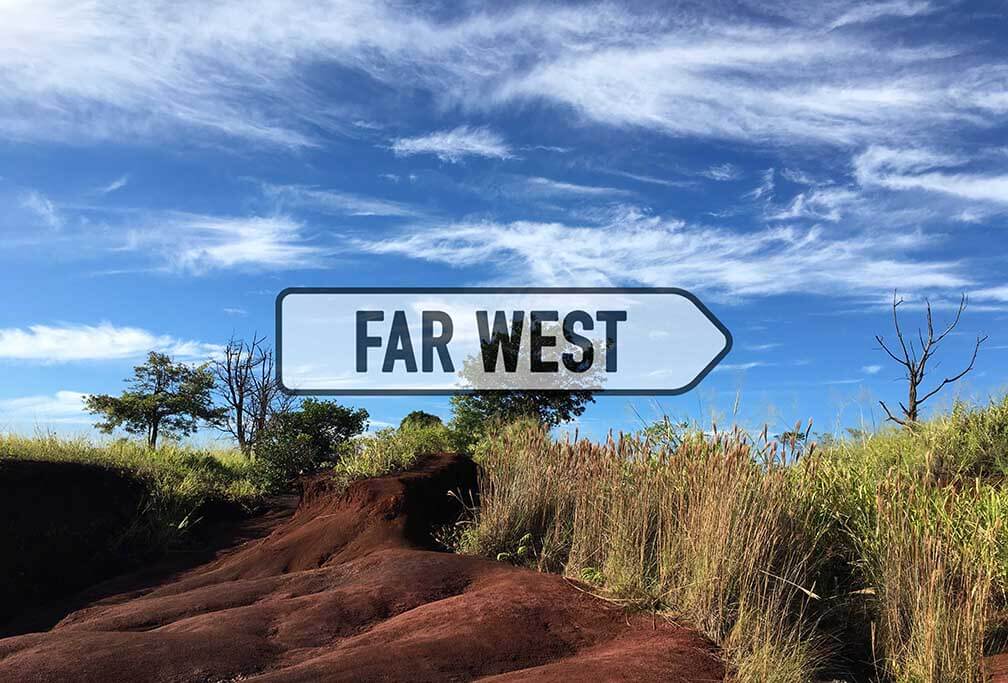And She Walked Barefoot
In the embrace of trees so tall I can barely make out the sky, we are at a campsite at Fort Townsend State Park, just a few hours from our home in Seattle. My feet are perched along the edge of the fire ring and my charred marshmallow threatens to dip into the fire. I’m doing it right, I think. Camping. Being outdoorsy. A lacquered coating covers my skin, equal parts bug spray and sunblock. I smell like fir, fire, and vaguely of coconuts.
Image courtesy of the author.
My husband is nearby in a hammock, which we’ve inexpertly tied up. It drags on the ground, kissing dusty tree roots, but he doesn’t seem to mind. He reads a book about catapults. He is doing it right, he knows.
Less so for me. I singe my tongue on the burnt sugar and notice that the rubber soles of my shoes are softening in the fire’s heat. Also, smoke is getting into my eyes.
Our two year old daughter naps in the tent.
Eight years ago I moved from New York City to Seattle. The great outdoors! Nature! Hiking! Camping! I decided to fill my life and my future family’s life with the values that come along with being outside, rather than the values more commonly found at Barneys or Bendel’s or Fanciful Fancy Private Elementary School for Well-Lauded Children. The move west was the first step toward that hope.
And that was why, eight years later, I found myself and my young family at a 367-acre state park alongside Port Townsend Bay, which is itself only just off the larger and more roiling Strait of San Juan de Fuca. Oh sure, plenty of avid campers would tell me that this version of car camping is hardly camping at all. But for me, it’s the wild. Later I would run a Google search: “Are there bears near Port Townsend?" The search led me to cougars, and yes, the possibility of bears. We chose this state park for its proximity to the water and to our home, and mostly, because it offers a less daunting wilderness than nearby Olympic National Park.
In Seattle, I learned, people went camping. No one feared a little dirt and almost everyone I met had an oft-told story of that time they met a bear on the trail. For me, camp meant bunks with beds, tennis, an arts and crafts shed, macramé, and dining halls. Out east, summer camp for children is de rigeur and I spent two months a year up in the Catskills “camping.”
It is not the same. I knew this. I know this. But out in the wild, I wonder how they are even the same word: Camp. Camping out here means nature. Nature’s detritus follows us into our tent, cozies up in our sleeping bags. It gets in our food, grittiness being nature’s best condiment. We are bitten by mosquitoes and harassed by yellow jackets and I walk around our campsite with my body tense as a violin saying things like “isn’t this great?” and “next time when we come…” Say something often enough and it becomes true, right?
I planned this trip, wanting to introduce our toddler to nature. And I’m not disappointed. The park is an old-growth forest. Tall western red cedars, hemlocks, and grand Douglas fir trees create a dense canopy overhead, their lowest branches not even starting to protrude until at least twenty feet up. We are in our own little hideaway at campsite number nineteen. And not too far away, in stark contrast, the sandy beach welcomes us with giant boulders and fallen logs to on which to perch and watch the waves.
Image courtesy of The Smithsonian
I have already been on a half dozen camping trips over my Seattle years. And while I’ve never been completely enamored with the process, I am still taken by the natural beauty and bounty of the Pacific Northwest. Mountains melt into rainforest which feed the beaches and soften into the sea. Harbor seals, porpoises, and whales swim offshore. Inland, Sitka spruces and Pacific red cedars with a width of up to twenty feet are as old as Methuselah. Unlike New York, birds aren’t just pigeons. They are heroic creatures like peregrine falcons and bald eagles. Also woodpeckers.
I hear the woodpeckers’ staccato drilling here at our campsite. Twigs crack, leaves rustle, fellow campers break the white noise with chortles of laughter or song. With my melting shoes and my sleeping daughter and my content husband I try to convince myself I am at home. In New York, I grew up in an apartment. Outside, the Harlem Line train rumbled by at regular intervals. Our front door was made of steel and was several inches thick. No one was getting in. Not like a flimsy tent. Anyone, anything, can get in.
In our nylon tent, in the night, the hoots and howls wake me. It also sounds like rain, but it’s just the rush of the trees in the wind. I have to go to the bathroom, but don’t dare move. I hear sniffling outside and immediately think: dingo. Which is ridiculous, I know; there are no dingoes in Washington. But there are cougars and bears and other humans. Body stiff in the cocoon of my sleeping bag, I will myself to return to my dreams. Next to me, in sleep, my daughter’s arm is flung across my body, protecting me. Outside, I hear a howl; my heart thuds. She murmurs something and rolls over. She is saying to me: you’re fine. Eventually, under her unspoken guidance, I do return to the safety of sleep.
Image courtesy of Washington State Parks.
In the morning, I am cold and damp and want a shower. Outside the tent, my daughter is already awake. My husband has started a fire. I hear laughter from a nearby campsite. Smoke lifts from other fire pits; other breakfasts, other families and friends sustaining each another. My daughter has a tortilla clutched in one hand and is running around the campsite barefoot. Her feet are encased in fine gray dirt shoes. I would never walk barefoot. My mind goes to hypodermic needles and broken glass - urban blights, though not unheard of elsewhere. Even in my sandals, I feel vulnerable. Grime gets under my toenails and between my toes and dried pine needles embed themselves in the soft parts of my feet. My daughter giggles and winds herself through the maze of trees that abuts our site. She trips on an exposed tree root. I gasp and jump up. But she quickly stands, wipes her hands off, and continues. At her knees are perfect circles of earth.
In the campground bathroom, I wash my face and hands. Someone has provided hand soap. Aloe and lavender; to soothe and calm. Probably the camp hosts. There are people who live here for long stretches of time. This is the routine that fulfills them. Selling firewood or warning of fire bans. Giving directions to the trail with the best view, sharing a recipe for tinfoil potatoes, or telling the history of a forked evergreen. I find this beautiful and foreign.
As I brush my teeth, I study the fist-sized crane flies that live in the rafters above my head. Their scrawny legs are splayed out to appear even bigger. I once thought these were mosquitoes. There was a time when I would see these tremendous bugs and flee. But they’re not bothering me now and I don’t run away. Kids stream in and out of the bathroom, laughing. Dirt in their dimples and leaves in their hair. They joke with one another and smile at me. These are the children my child will be. Is.
This is the thing. The thing I wanted for my child. What I didn’t have growing up: air that doesn’t suffocate.
My daughter has spent exactly one week in New York City. Nothing compared to my twenty five years. She is not a city kid. I feel a slight loss at this. I want her to know the subway map and understand how to walk along a sidewalk without bumping into others in that unteachable urban dance. But, having chosen to live in the northwest, I am not sure how I expected both.
Nature is free, that was the first thing I said when people asked why I was leaving the city. It costs nothing to watch the full-horizon of sunset, and not obstructed by water towers seen only in reflection on the Hudson River. To turn a corner and face a snow-capped volcano in July. To crest a mountain after hours of sweating switchbacks to gaze at a vista so much like a painting you reach out to check if it’s dry. Or, my favorite: alpine lakes. After a hike filled with the lush emerald colored monotony of the northwest: nurse logs, moss carpets, whispering ferns, and the wet density of trees, you reach the Caribbean blue of a mountain-top lake and stop for lunch. At these moments, you know you are doing what you are meant to. What humans, as animals, are meant to. We are not born with shoes. We are meant to have dirt in the cracks of our toes and our soles aren’t meant to be delicate.
“Come, put your shoes on,” I call to my daughter. She comes, but resists, twisting her body this way and that.
“I want to run,” she says.
“Your feet don’t hurt?” I ask.
“It’s soft,” she says as I run my finger along the arch of her foot. I pinch my fingers together and feel the earth there. She’s right; it’s almost downy.
“Come play,” she takes my hand. I’m still getting used to it. She’s teaching me.
Jennifer Fliss is a Seattle-based fiction and essay writer. Her work has appeared in or is forthcoming in PANK, The Rumpus, Bartleby Snopes, Necessary Fiction, and elsewhere. She recently won the Fiction Southeast Hell’s Belles Short Fiction Prize. She can be found on Twitter at @JFlissCreative or via her website, www.jenniferflisscreative.com






